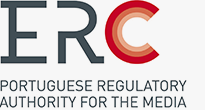Ofcom announces changes to its Access Services Code and best practice guidelines to improve the accessibility of TV and on-demand programs
Ofcom has announced changes to its Access Services Code and best practice guidelines to improve the accessibility of TV and on-demand programs for audiences with access needs, such as those who are blind, d/Deaf, or have sight and hearing loss. Access services include subtitles, signing, and audio description, which broadcasters are required by law to provide for a certain proportion of their programming.
The new approach focuses on outcomes for audiences and offers advice on serving people with cognitive and neurodevelopmental conditions, improving dialogue audibility for hearing loss, and providing customization options.

